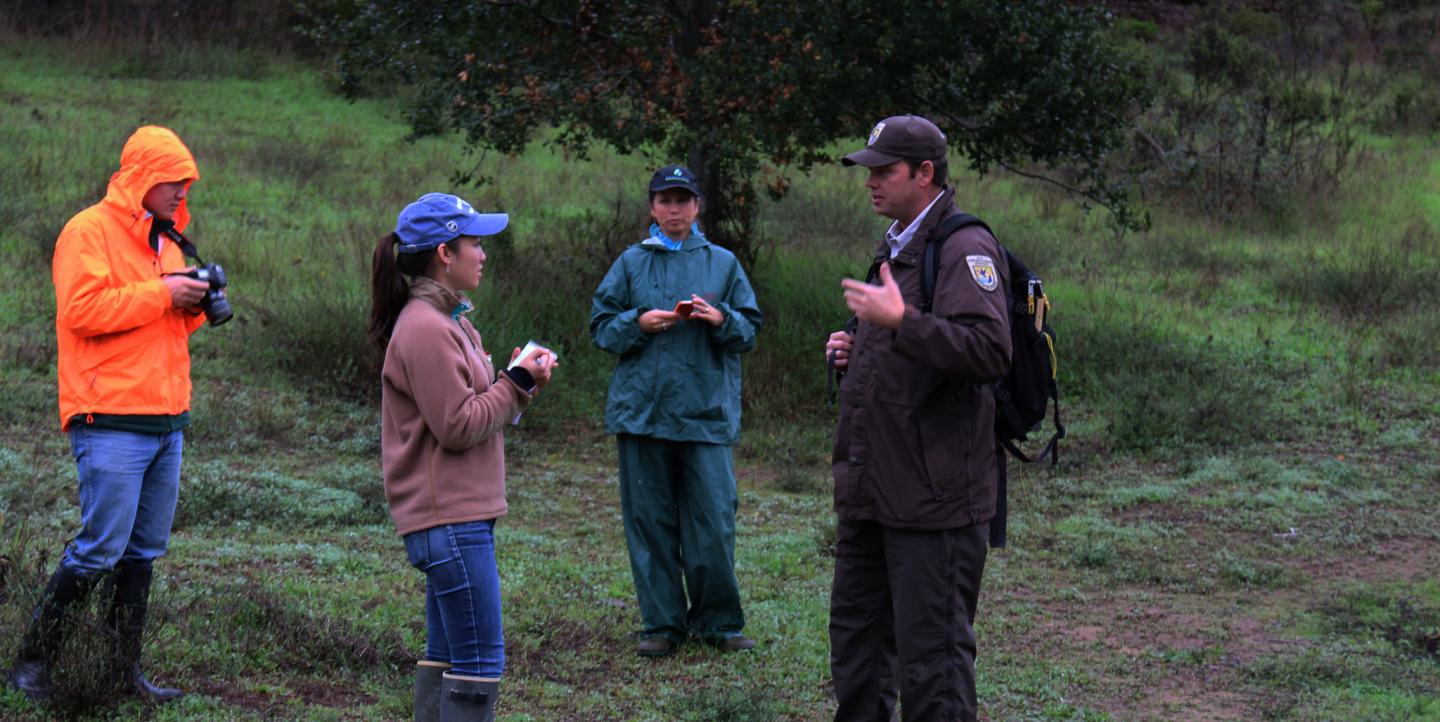What it means to be a digital fixer, WhatsApp’s ability to access users’ information and more in this week's Digital Media Mash Up, produced by the Center for International Media Assistance.
A new role in journalism: The digital fixer
When An Xiao Mina traveled to Shenzhen, China, to do research on selfie stick production, she needed a way to know where people were talking. She contacted Jue Ren, a digital anthropologist working in the area who she had met at a panel on urbanization in Shenzhen. After just a few minutes, Ren introduced her to a WeChat network of 500 people discussing selfie stick production.
Reporters have long used fixers—people familiar with the area and with lines of communication—to guide them through foreign countries. Now, a new role is opening up for those who can be gatekeepers for online, mobile-first communities: the digital fixer. (Columbia Journalism Review, 11/4)
Here's the the return of the journalist as malcontent
Journalism’s moment of reckoning has arrived.
Its inability to understand Donald Trump’s rise over the last year, ending in his victory Tuesday night, clearly stand among journalism’s great failures, certainly in a generation and probably in modern times.
Reporters’ eagerness first to ridicule Trump and his supporters, then dismiss them, and finally to actively lobby and argue for their defeat have led us to a moment when the entire journalistic enterprise needs to be rethought and rebuilt. In terms of bellwether moments, this is our anti-Watergate. (Columbia Journalism Review, 11/9)
Why we should worry about WhatsApp accessing our personal information
Jenny always uses Facebook carefully. She knows the company probably knows more about her than most of her friends – the location settings might show she spent time in hospital last week, for instance – but she’s careful with what she posts. Her WhatsApp is similar. Nothing too sensitive. But the app does have access to her phone contacts, so could see the number of her counsellor, and of the addiction clinic she’s been in touch with. If those two sets of data were put side by side, Jenny’s personal, private information suddenly wouldn’t seem quite so private. (The Guardian, 11/10)
CIMA offers the Mash Up free via email. Sign up here.
Main image CC-licensed by Flickr via Pacific Southwest Region USFWS.


